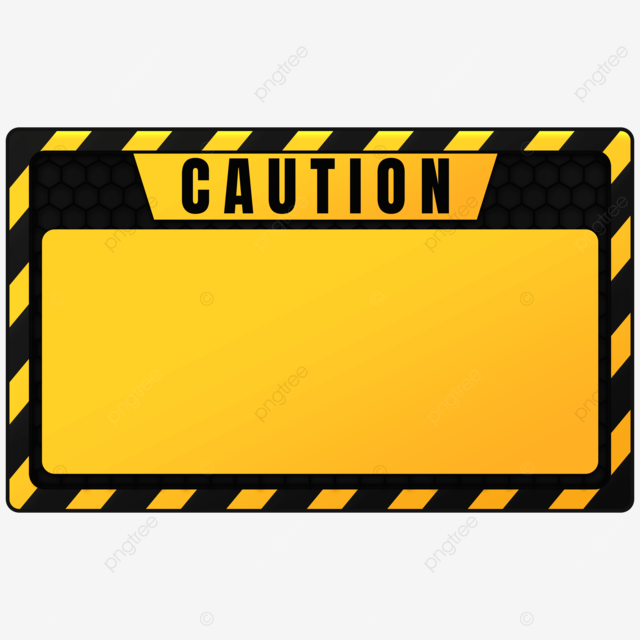Insurance Buying Common Errors is an essential financial tool that provides peace of mind and financial security in times of need. Whether it’s health, life, auto, home, or any other type of insurance, the primary purpose remains the same – to protect you and your assets. However, the process of buying insurance can be daunting and confusing for many. Common errors made during the insurance purchasing process can lead to inadequate coverage or unnecessary expenses. In this comprehensive guide, we will delve into the most prevalent mistakes people make when buying insurance and how to avoid them.
- Lack of Understanding
One of the most common errors when buying insurance is a lack of understanding about the different types of coverage, policy terms, and the insurance industry in general. Many individuals purchase insurance without fully comprehending the extent of their coverage or the implications of their choices. To avoid this error, take the time to educate yourself about the basics of insurance, or consult with an insurance professional who can explain the details in plain language.
- Failing to Assess Personal Needs
Every individual has unique needs when it comes to insurance. Failing to assess your personal needs and circumstances can lead to over-insurance or under-insurance. It’s crucial to take into account factors such as your age, health, dependents, financial situation, and specific risks you face. An in-depth assessment will help you choose the right type and amount of insurance coverage.
- Not Shopping Around
Choosing the first insurance policy you come across is a mistake. Failing to shop around and compare different insurance options can lead to missed opportunities for savings and better coverage. It’s essential to obtain quotes from multiple insurers, as prices and coverage terms can vary significantly between providers.
- Neglecting to Read and Understand the Policy
Purchasing an insurance policy without reading and understanding it is a grave mistake. The policy document is a legally binding contract between you and the insurance company, outlining the terms, conditions, and coverage details. Neglecting to read it can lead to unpleasant surprises when you file a claim. Take the time to carefully read and comprehend all the terms and conditions of your policy.
- Focusing Solely on Price
While it’s important to find an insurance policy that fits your budget, making the decision based solely on price can be a major mistake. A policy with a lower premium might provide inadequate coverage, and when a claim arises, you may end up paying more out of pocket. Striking the right balance between affordability and adequate coverage is crucial.
- Overlooking Deductibles and Coverage Limits
Deductibles and coverage limits are critical aspects of any insurance policy. The deductible is the amount you must pay out of pocket before the insurance company covers the rest, while the coverage limit is the maximum amount the insurer will pay for a claim. Neglecting to pay attention to these figures can result in financial surprises. Opt for deductibles and limits that you can comfortably afford in the event of a claim.
- Underestimating the Importance of Customer Service
Insurance is not just about the policy; it’s also about the service provided by the insurance company. Overlooking the importance of good customer service can lead to frustration when you need assistance or file a claim. Research and consider the reputation of the insurance company for customer service and claim handling.
- Failing to Disclose Information Truthfully
Honesty is crucial when providing information to the insurance company. Failing to disclose relevant information, such as pre-existing medical conditions, previous claims, or any other pertinent details, can lead to claim denials or policy cancellations. Always provide accurate and complete information when applying for insurance.
- Not Updating Policies
Life changes, and your insurance needs change with it. Failing to update your policies to reflect significant life events such as marriage, the birth of a child, a new home, or a career change can result in being underinsured or overpaying for coverage you no longer need.
- Ignoring Additional Riders
Insurance policies often offer additional riders that can enhance your coverage for specific needs. Common examples include accident forgiveness, rental car coverage, or additional coverage for high-value items. Ignoring these options could lead to missed opportunities for more comprehensive protection.
- Not Reviewing and Comparing Policies Annually
Insurance isn’t a one-and-done decision. Your needs and circumstances can change, and insurance policies change as well. Failing to review and compare your policies annually can lead to missed opportunities for savings or better coverage. It’s essential to stay informed about changes in your insurance needs and the insurance market.
- Relying Solely on Employer-Provided Insurance
Many people rely solely on the insurance provided by their employers, assuming it’s sufficient for all their needs. While employer-provided insurance is a valuable benefit, it often comes with limitations. It’s essential to evaluate whether additional coverage is required to address your specific circumstances and ensure adequate protection.
- Choosing the Wrong Coverage Type in Insurance Buying Common Errors
Insurance comes in various forms, such as term life, whole life, liability, and comprehensive coverage. Selecting the wrong type for your needs can result in insufficient coverage or unnecessary expenses. Take the time to understand the differences and choose the type of insurance that aligns with your goals.
- Not Considering Multiple Insurers in Insurance Buying Common Errors
It’s easy to stick with a single insurance company for all your needs, but this approach may not be the most cost-effective or beneficial. Different insurers specialize in different types of coverage, and switching to multiple providers might be a more strategic approach for tailored protection.
- Relying on Online Calculators in Insurance Buying Common Errors
Online insurance calculators can provide rough estimates of coverage needs, but they often overlook individual nuances and fail to account for the full scope of your personal situation. Relying solely on these tools can lead to inadequate coverage or unnecessary expenses. Consult with an insurance agent to get a more accurate assessment.
- Misunderstanding the Role of Agents in Insurance Buying Common Errors
Insurance agents can be valuable sources of information and assistance, but they also work on commissions. It’s essential to understand that their recommendations might be influenced by the policies they are incentivized to sell. Do your research and don’t solely rely on an agent’s advice.
- Neglecting the Claims Process in Insurance Buying Common Errors
While buying insurance is a significant step, understanding and preparing for the claims process is equally important. Neglecting to know how to file a claim, what documentation is required, and the timelines for doing so can result in a frustrating experience when you need to use your insurance.
- Not Keeping Records in Insurance Buying Common Errors
Maintaining records of your insurance policies, premiums, and claims is essential. Failing to do so can lead to confusion and delays when dealing with insurance matters. Keep all relevant documentation organized and easily accessible.
- Forgetting to Re-Evaluate Coverage as You Age of Insurance Buying Common Errors
As you age, your insurance needs can change. Health insurance, for instance, may need to evolve as you get older and your health conditions change. Make sure to re-evaluate your insurance coverage periodically to ensure it aligns with your current circumstances.
- Neglecting to Explore Discounts of Insurance Buying Common Errors
Many insurance companies offer discounts for various reasons, such as bundling multiple policies, maintaining a clean driving record, or having a home security system. Neglecting to explore available discounts can result in paying more than necessary for coverage.
- Failing to Compare Quotes of Insurance Buying Common Errors
When obtaining insurance quotes, it’s essential to compare them diligently. Don’t just focus on the premium; compare coverage, deductibles, and policy terms. A policy with a lower premium might provide inadequate coverage or require a higher deductible.
Conclusion on Insurance Buying Common Errors
Buying insurance is a significant financial decision that requires careful consideration and thorough research. The errors discussed in this guide are common pitfalls that many people encounter when purchasing insurance. By understanding and avoiding these mistakes, you can make more informed decisions, ensuring that your insurance policies provide the protection you need while saving you money in the long run. Remember that insurance is a dynamic aspect of your financial planning, and it’s crucial to review and update your policies as your life circumstances change. Stay informed, seek professional advice when needed, and make insurance choices that align with your unique needs and goals.







